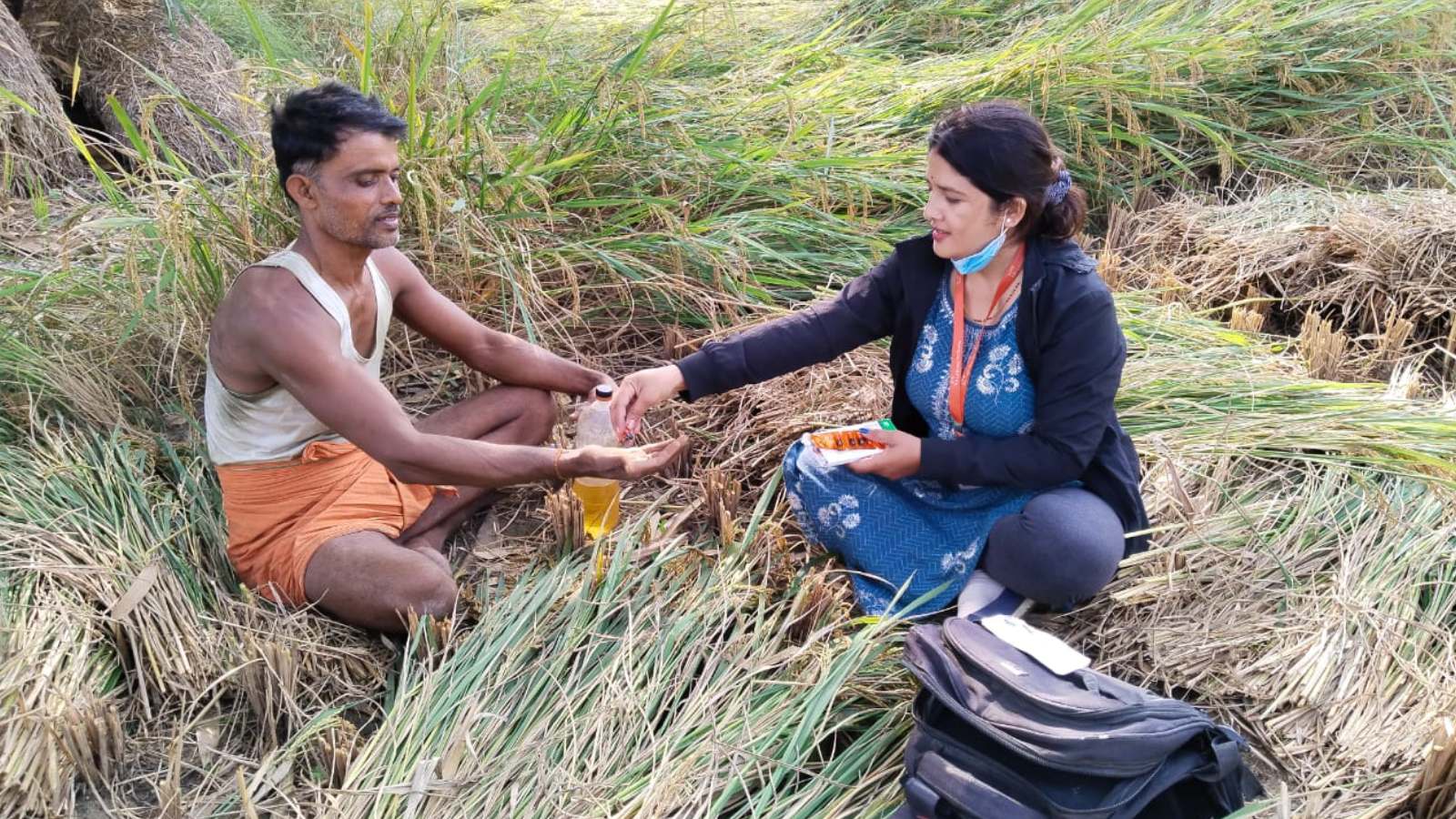Summary
The PEP++ study is a large international research project being implemented in India, Brazil, Bangladesh, and Nepal. It is a cluster-randomised controlled trial designed to test an enhanced preventive regimen for leprosy.
In Nepal, the project is running in Dhanusha, Mahottari, and Sarlahi districts of Madhesh Province. It builds on the World Health Organization’s recommendation to use single-dose rifampicin (SDR-PEP) for preventing leprosy among contacts of patients. While SDR-PEP has proven effective, the PEP++ regimen aims to provide stronger protection for high-risk groups—particularly household members and blood relatives of multibacillary patients.
What PEP++ Involves
- Eligible contacts of leprosy patients are enrolled and screened for signs of leprosy and tuberculosis.
- Participants in the intervention group receive three doses of rifampicin and clarithromycin (at 4-week intervals).
- Participants in the control group receive standard SDR-PEP.
- All participants are followed up two years after treatment to monitor outcomes.
Objectives
- Interrupt transmission of M. leprae in endemic communities.
- Demonstrate the effectiveness and acceptability of the enhanced PEP++ regimen compared with SDR-PEP.
- Utilize geospatial mapping to identify clusters of cases and guide targeted interventions.
- Strengthen community education and behaviour change to reduce stigma, promote early detection, and improve participation.
Expected Outcomes
- Significant reduction in new leprosy cases, including among children.
- Evidence of increased efficacy of PEP++ over SDR-PEP.
- Insights into the cost-effectiveness and acceptability of PEP++ as a preventive tool.
- Evidence of the added value of GIS mapping in detecting clusters and guiding preventive strategies.
Nepal Leprosy Trust (NLT)
The Leprosy Mission (TLM)
Fairmed
